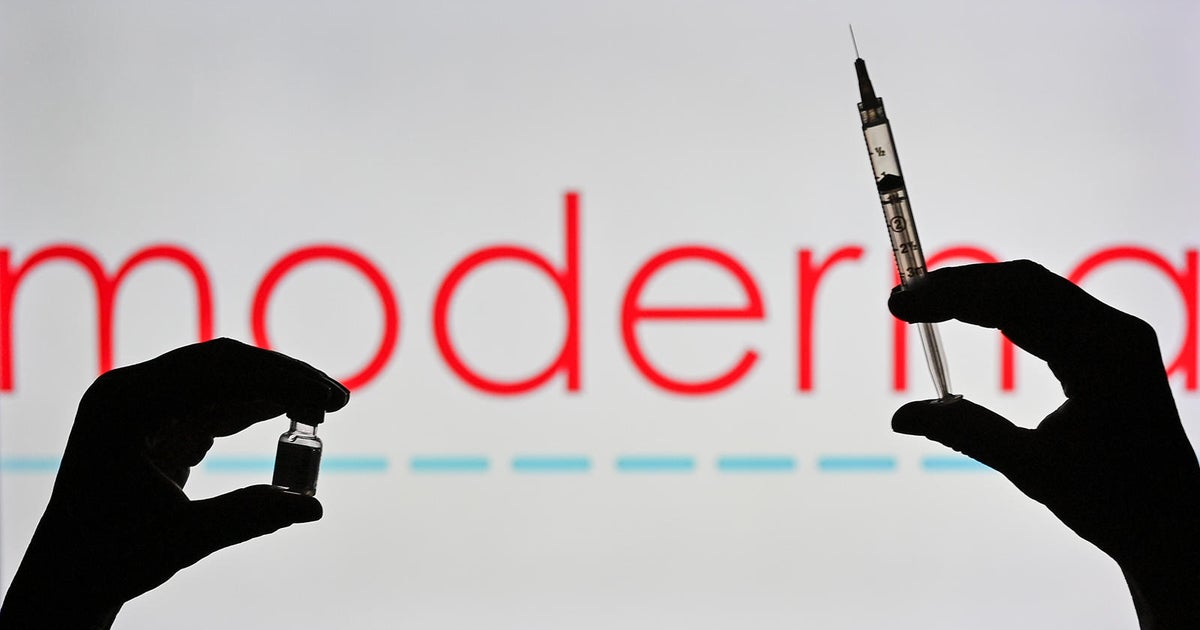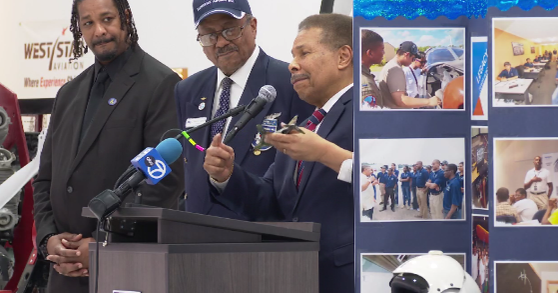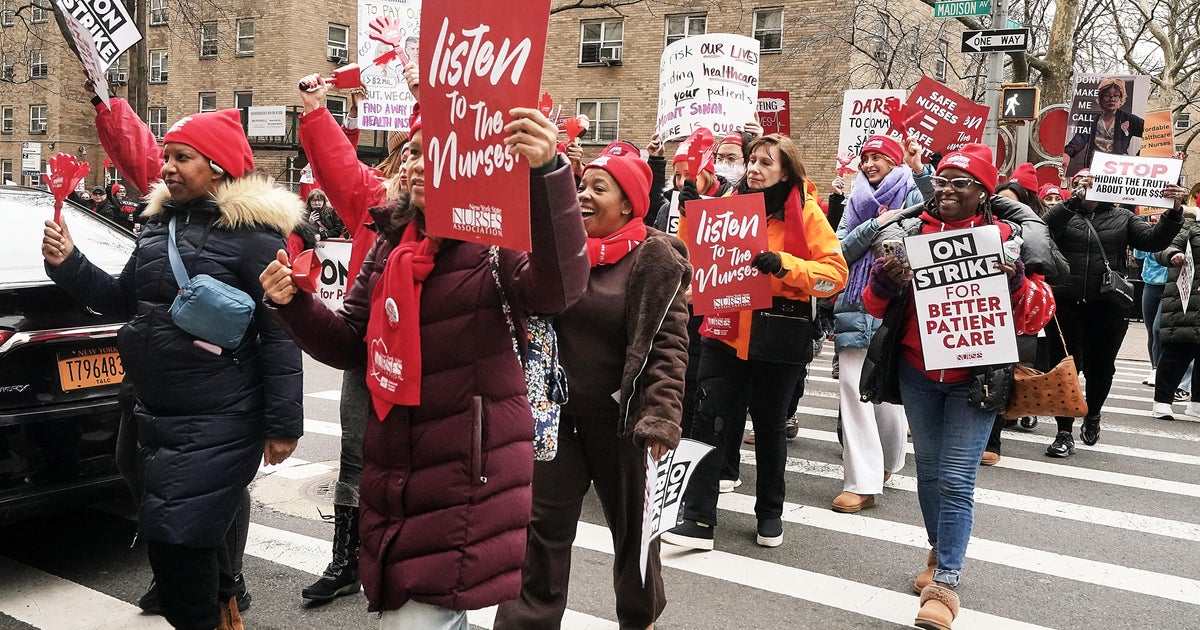First U.S. health care workers to receive the COVID-19 vaccine aim to sway skeptics on pandemic: "It's not a hoax"
After months on the front lines, health care workers across the country received doses of the first approved COVID-19 vaccines from Pfizer on Tuesday.
Among one of the few authorized to receive the vaccination was Sandra Lindsay, a critical care nurse at Long Island Jewish Medical Center in New York. She told "CBS This Morning" co-host Gayle King Tuesday that after getting the shot, she was feeling well.
"I feel great this morning and I just want to put 'great' in perspective for people," Lindsay said. "On the injection site, on the scale of one through ten, my pain level is one."
Lindsay said that when she took her temperature the morning after receiving the shot, it was 98.1 degrees
Dr. Yves Duroseau from New York was one of the first doctors to receive the COVID-19 vaccine. Duroseu said he felt a little soreness on Tuesday but felt no side effects.
"I feel great. A little minor soreness at the site of the injection. And otherwise I don't feel feverish," Duroseu told King. "I have no aches and pains, everything is feeling fine."
The two were the first health care workers in the country to receive the vaccine, according to Northwell Health.
The same day both Duroseu and Lindsay received the shot, the coronavirus death toll reached over 300,000 in the U.S., according to data from Johns Hopkins University.
Despite the health crisis, skepticism surrounding the vaccine remains widespread due to distrust and false information being spread by conspiracy theorists.
Duroseu said that the vaccine is backed by new technology and scientific evidence.
"It's different than the old technology that required eggs to grow the vaccination and that's why it actually came about more quickly and more efficiently. … This actually may help us in the future with the development of vaccinations," Duroseu said.
Both health care workers have personally been affected by the virus, having lost family members to COVID-19 complications.
They continue to educate people that COVID-19 is real and not a hoax.
"We just have to keep educating people that it's real. We've lived it. We continue to see it. And it's that it is not a hoax," Lindsay said. "They should listen to the experts, listen to all health care workers who have come on before us to share their stories. It's incredibly dark. It's not a hoax, it's real."
Besides educating the public on the benefit of taking the vaccine, Duroseu said following social distancing guidelines and other health restrictions could help put an end to the pandemic.
"One thing that we really have to emphasize is the importance of continuing to do what we've been doing the whole time and that's wearing our masks, washing our hands, social distancing and please, please, if at all we could refrain from gathering," Duroseu said. "This is and the combination of taking the vaccination is what's going to get us to the end of this nightmare."
The significance of Lindsay's vaccination could be felt the moment it was administered, as Lindsay and other health care workers cheered.
She said the moment represented a glimmer of hope after months of darkness.
"I cheered because I felt a huge sense of relief, not just for myself but for health care workers, essential workers and everyone who has been doing a yeoman's job with putting an end to this pandemic," she said. "I feel hopeful, I see the finish line, the light is brighter in the tunnel and I just want [to] tell people 'don't look back,' it's like running a race, you look back you are going to fall behind."



